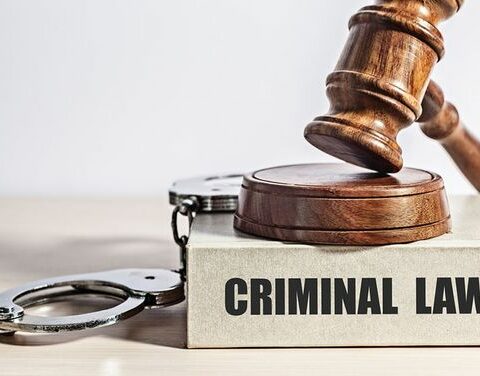Government Enforcement and Investigations refer to the activities and efforts carried out by government agencies to ensure compliance with laws and regulations, as well as to investigate and address potential violations of the law. These activities are aimed at upholding the rule of law and protecting the public interest by ensuring that laws are adhered to and wrongdoers are held accountable.
Government agencies, such as law enforcement bodies, regulatory authorities, and inspection agencies, play a crucial role in enforcing laws and regulations across various domains, including criminal matters, financial regulation, environmental legislation, healthcare, and more. They conduct investigations into suspected violations, gather evidence, and take measures to promote compliance.
These activities often involve collaboration between different government entities, conducting audits, inspections, and investigations, collecting and analyzing evidence, and taking legal actions against offenders. The goal is to maintain the rule of law, ensure the safety and well-being of society, and uphold public trust in the legal system.
Government enforcement and investigations may also cover complex issues such as fraud, corruption, money laundering, cybercrime, and other forms of misconduct that can be detrimental to society.



